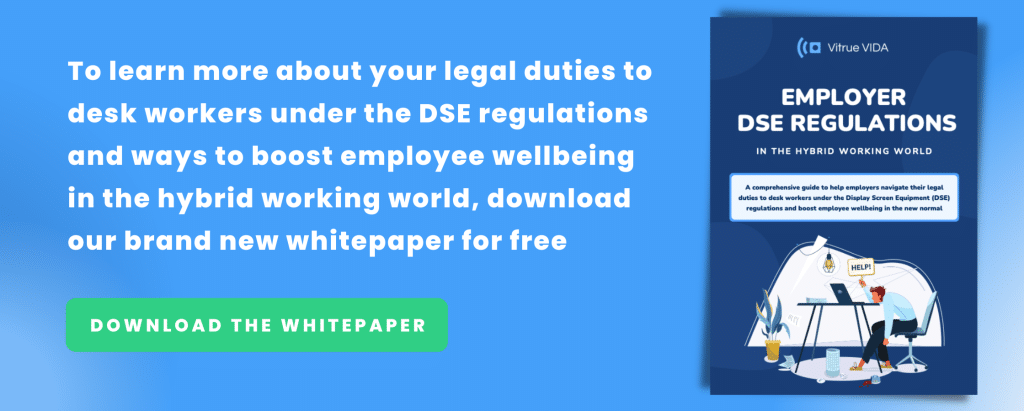Companies today need a caring work culture for sustained remote employee resilience and business growth. As work life is increasingly shifting to the digital world, remote employees are required to adapt to the needs of a continuously changing market and work life. In turn, companies are tasked with providing the care needed to promote remote employees’ resilience to the demands of remote work life.
New HR practices are needed to ensure remote teams are getting the right support and care. With remote employees distributed across the world, companies have to ensure that their employees are receiving the benefits they are legally entitled to in their country of residence. At the same time, as standard benefits vary drastically from country to country, many companies are crafting their own benefits and support networks to meet the needs of individual remote employees.
Well-conceived benefits packages and a robust support structure are the key to a strong culture of care. Here we outline how you can support your employees through compliant employment practices, tailored benefits for remote teams, and the advantages of remote work allowances.

Compliance is care
Companies are obliged to pay particular benefits according to local employment law. These ensure a basic standard of care for employees working out of a particular country. Benefits generally include:
- Healthcare
- Superannuation or pension funds
- Unemployment insurance
These are usually paid in the form of contributions calculated as a percentage of the monthly salary. Countries vary in their contribution rates and what benefits are mandatory. Knowing what to pay and how to pay it for each remote employee is crucial to remaining compliant. Not doing so is considered non-compliance and can result in having to pay out unpaid benefits along with additional fines.
But remaining compliant isn’t only good for your company. It also shows a commitment to the long-term wellbeing of your employees no matter where in the world they are. In contrast, contractors are not entitled to benefits, so their commitment to their client company is also limited. Employees receiving compliant benefits have a better work experience and are much more incentivised to work towards company growth.

Remote Work Benefits
Remote work often translates to an increasingly blurred boundary between work and private life. People often work longer and don’t move as much. They need the right remote work set-up, as well as reskilling for new technologies and softwares. These developments are driving HR practices to think about employee wellbeing and how companies can support this.
Some companies are actively introducing mindful, health-oriented behaviours into their employees’ work days, like drinking enough water and going outdoors. In addition, companies can also design their own benefits packages. These commonly include:
- Additional healthcare plans, like dental and vision
- Flexible working hours
- Extended paid vacations
- Paternity and family leave
This relieves employees of a financial burden. It also allows them to focus more on family and fun – both have been proven to boost health and wellbeing! Caring for employees incentivises them to return the favour through sustained engagement and commitment to the success of the company.

Remote Work Allowances
Remote work allowance is an additional perk to make remote working more manageable for employees. Some companies offer their employees financial reimbursements in the form of monthly or one-off stipends for remote working. These allowances often cover:
- Office equipment and furniture
- Technology and Software
- Phone and internet bills
- Access to co-working spaces (less common)
In addition, some countries, like the UK, Belgium or Australia, offer remote working allowances in the form of tax deductions to employees working from home. Each country has different eligibility criteria and calculation methods, but generally allowances will cover the same as company remote work allowances. Some countries may also offer tax deductions for rent and wider utility bills.
Building a holistic workspace for your individual remote employees is a fundamental step to employee engagement. Remote work allowances can help you offer the care your remote team needs to be a confident and resilient workforce.

Vitrue VIDA is dedicated to remote wellbeing
Caring for your remote team is our priority and that’s why we have partnered with Omnipresent. Having expertise in different countries’ employment regulations and sorting out individual benefits packages is a mammoth task. Luckily, Omnipresent offers a bespoke service that caters to both you and your employees’ needs. Operating in 150+ countries, they take over employment admin tasks like payroll, benefits, onboarding and offboarding.
Geared towards making remote employment easy, they can help you stay compliant and meet the demands of a remote workforce. Omnipresent’s international team has the expertise to help you tailor individual and compliant benefits packages for each of your talent hires. You will reap the rewards of offering the best care to each individual employee through high employee retention, sustained engagement, and long term company growth.

This post is brought to you by our partner for remote talent solutions; Omnipresent.
Interested in becoming our partner too? Email john@vitruehealth.com.





